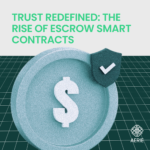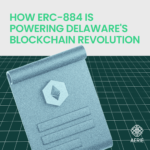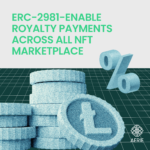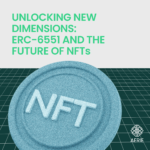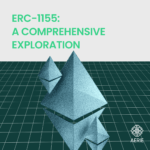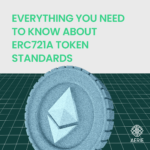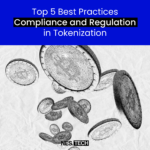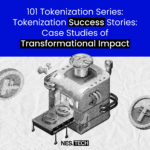Blockchain 101: A Game-Changer In Education, You Can’t Ignore!
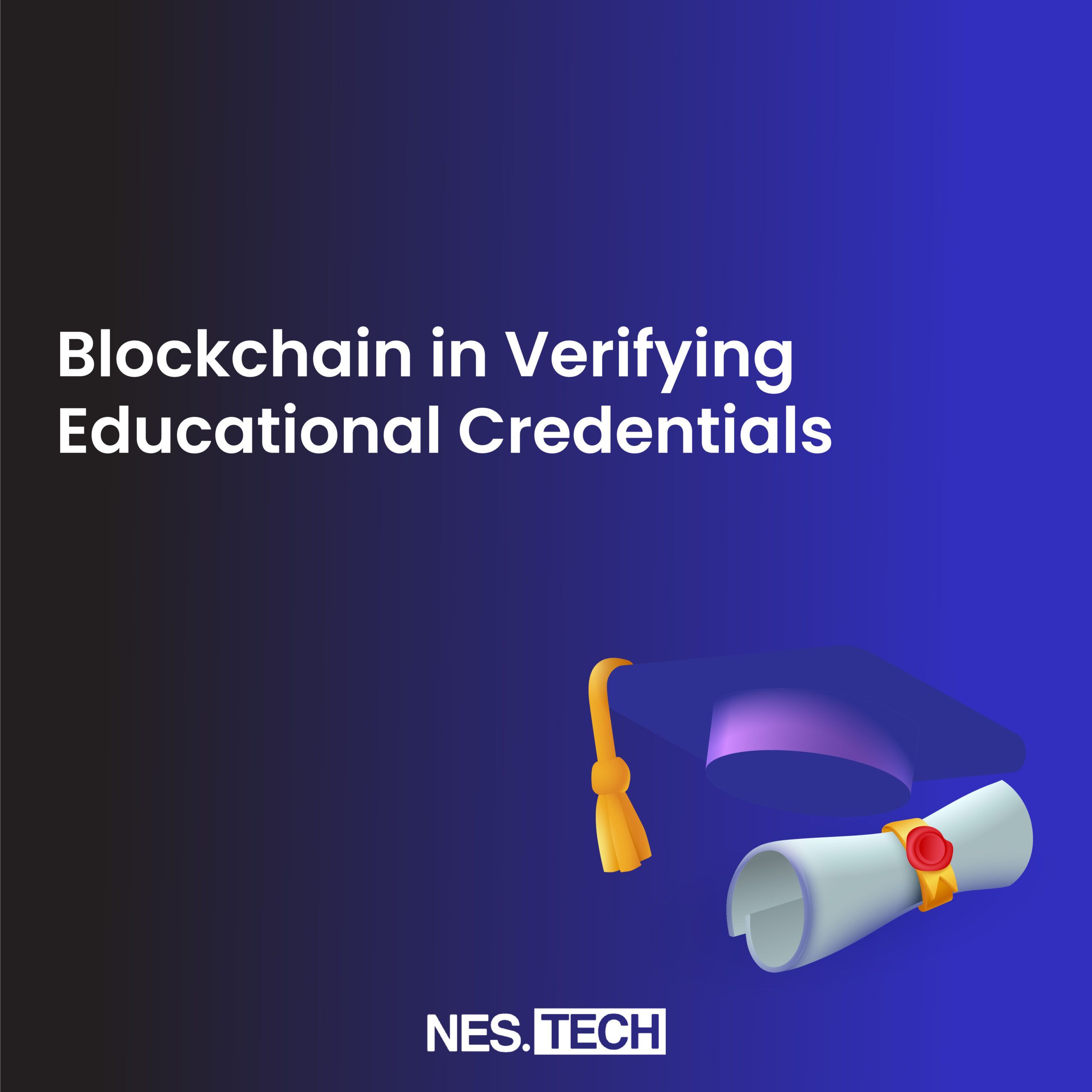
Eight weeks, they said. Tom stared at the calendar, his heart sinking. Eight weeks just to verify his degree. Tom’s journey, far from unique, reflects the widespread frustration caused by bureaucratic inefficiencies in credential verification. This is not fiction, this is the kind of story you see echoing across forums like Reddit where countless graduates share their tales of waiting.
And we are not talking about some remote corner of the world, we’re taking about the USA. Today. Yes, in 2023. Tom’s situation is a common narrative, especially pronounced in developing countries. In places like Sub-Saharan Africa or certain Asian regions where digital infrastructure is still emerging, credential verification can be excruciatingly slow.
Consider a bright, young, and talented engineer from Jakarta who dreams of working overseas. Her ambitions are hindered by the slow grind of his university’s verification process, a system plagued by a lack of resources and outdated digital systems. In such environments, the absence of advanced technology means that weeks of waiting can stretch into months. For these aspiring professionals, the delay is more than a mere inconvenience; it becomes a significant barrier to career advancement, anchoring their potential to systemic inefficiencies.
Bridging the Gap with Innovation
The challenges faced by Tom and his global counterparts highlight a systemic issue within the realm of credential verification — an issue that calls for an innovative solution. As we grapple with outdated systems that cannot keep pace with the digital demands of a global workforce, the search for a more efficient, reliable, and accessible means of verifying academic achievements becomes critical.
You’ve probably heard about blockchain’s diverse range of applications, and it’s this technology that now stands at the forefront of tackling these very challenges. Blockchain technology represents a significant leap in data management, with the potential to completely transform a variety of fields, not least of which is education.
Blockchain, at its core, is designed to distribute data across a network in a way that is both secure and unchangeable, without the need for a central authority. This intrinsic nature of blockchain provides a promising solution for resolving the inefficiencies within the credential verification process. As we stand on the cusp of this technological revolution, it is imperative to delve into the mechanics of blockchain and understand how it can play a pivotal role in building a new, streamlined credential verification system.
The Mechanics of Blockchain in Credential Verification
Picture a world where verifying your degree is as simple and quick as a Google search. This isn’t a pipe dream — it’s the tangible future blockchain can offer. Let’s break down the technical nitty-gritty into bite-sized pieces. Blockchain is essentially a ledger that’s distributed across numerous computers around the world. Each ‘block’ of data is chained to the previous one, creating a tamper-proof history of transactions — or, in our case, credentials.
1. Decentralization
First off, we have decentralization. Instead of having a single point of control (and failure), blockchain disperses information across a vast network. This means that our engineer in Jakarta doesn’t have to rely on the sluggish systems of a single university. Her credentials, once recorded on the blockchain, can be accessed and verified by any employer, anywhere, without the need for intermediaries.
2. Immutability
Then there’s immutability. Once something is recorded on the blockchain, it’s there for good. This permanence ensures that credentials cannot be altered or forged. It’s the digital equivalent of etching your qualifications in stone, only much more secure.
3. Transparency
And let’s not forget transparency. With blockchain, every transaction is visible to anyone who has access to the network. For credential verification, this means complete visibility of one’s educational history for employers, without compromising personal data, thanks to sophisticated encryption.
In essence, blockchain could make the long, drawn-out verification process a thing of the past. Imagine a recruiter being able to instantly confirm that a degree is legitimate and was indeed issued by the stated institution. No more waiting periods, no more anxiety — just a swift click to pave the way for qualified individuals to move forward in their careers.
The Impact of Blockchain on Career Aspirations
In the narrative of Tom and our engineer from Jakarta, we confront the stark reality of systemic stagnation, a reality that stifles dreams and throttles the pace of progress. But as we venture deeper into the 21st century, blockchain looms as the game-changer in the educational landscape. This isn’t merely about technological advancement; it’s about rewriting the script of professional development and opening doors that were once sealed by red tape.
Imagine a seamless world where the verification of academic credentials is as instantaneous and reliable as sending an email. This is the potential that blockchain holds. In this scenario, a degree is not just a document, but a digital passport, universally recognized and instantly verifiable, cutting through the bureaucratic labyrinth with the precision of digital clarity.
With blockchain, the verification queues become obsolete. The power shifts to the individual, empowering them with control over their credentials. It lays the foundation for a new educational order, where the verification of one’s academic and professional history is unfettered by geography or time zones.
For recruiters and employers, this means access to a global pool of talent, unhampered by doubts of authenticity. The trust in credentials is restored, not by the word of institutions, but by the unassailable assurance of blockchain. This shift is not just beneficial; it’s revolutionary, providing a thrust to the global job market and ensuring that meritocracy prevails over bureaucracy.
In a world where blockchain redefines the rules, the potential of every professional is unleashed. The waiting games, the anxiety of credential verification, and the despair of missed opportunities become relics of the past. As blockchain technology matures, it promises a future where the verification of credentials aligns with the pace of our digital lives — fast, secure, and unquestioned.
So, as we approach the brink of this blockchain revolution in education, we’re not just observers; we’re participants in a seismic shift. It’s a shift that brings a new era of efficiency and transparency, promising to elevate the global workforce in ways we’re just beginning to imagine. For the Toms and the bright minds in developing countries, and for countless others across the globe, the blockchain revolution in education is not just coming — it’s already knocking on the door of the present, ready to unlock the full spectrum of professional potential.

